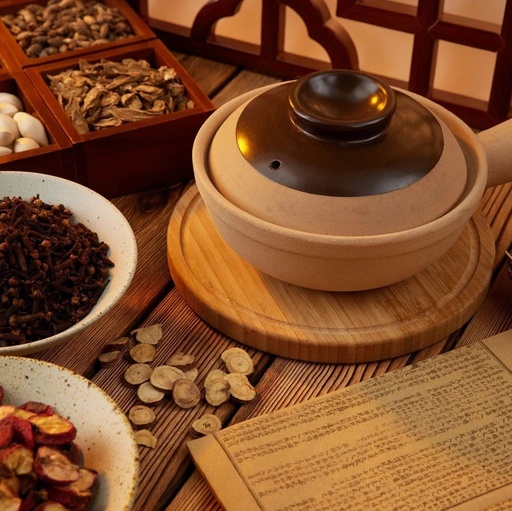Author: Zhu Haiqing, Deputy Chief Pharmacist, Pharmacy Department, Shanghai Traditional Chinese Medicine Hospital
01 As a commonly used Chinese medicinal material and spiceare Cinnamon and Cassia the same thing?Have you ever encountered a situation where a vendor pointed to a spice labeled “Cassia” and claimed it was Cinnamon? Here, I must clarify that Cinnamon (Ròuguì) and Cassia (Guìpí) are not the same, although both come from the same family of plants. Cinnamon refers specifically to the dried bark of the Cinnamomum verum (true cinnamon), while Cassia can come from various trees such as Cinnamomum cassia, Cinnamomum burmannii, and others. Additionally, the market price of Cinnamon is significantly higher than that of Cassia.
As a commonly used Chinese medicinal material and spiceare Cinnamon and Cassia the same thing?Have you ever encountered a situation where a vendor pointed to a spice labeled “Cassia” and claimed it was Cinnamon? Here, I must clarify that Cinnamon (Ròuguì) and Cassia (Guìpí) are not the same, although both come from the same family of plants. Cinnamon refers specifically to the dried bark of the Cinnamomum verum (true cinnamon), while Cassia can come from various trees such as Cinnamomum cassia, Cinnamomum burmannii, and others. Additionally, the market price of Cinnamon is significantly higher than that of Cassia.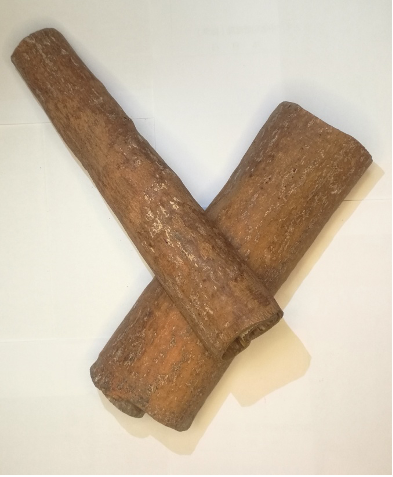 Cinnamon surface
Cinnamon surface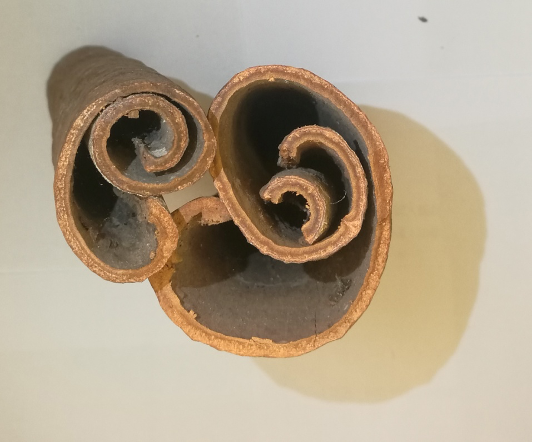 Cinnamon cross-section
Cinnamon cross-section
(Purchased by the author at the Yulin Medicine Market in Guangxi)
02 What variety of “Cassia” is mentioned in TCM texts?Since modern times, the mixed use of Cinnamon and Cassia has gradually spread from the culinary world to the field of Traditional Chinese Medicine (TCM). To differentiate, in TCM, we classify them as “Medicinal Cassia” (Cinnamon) and “Culinary Cassia” (Cassia), or refer to Cassia as “Yinxiang” (Cinnamomum cassia).Therefore,the “Cassia” mentioned in TCM literature generally refers to “Cinnamon”; while in culinary literature, “Cassia” can refer to both.Cinnamon03
What variety of “Cassia” is mentioned in TCM texts?Since modern times, the mixed use of Cinnamon and Cassia has gradually spread from the culinary world to the field of Traditional Chinese Medicine (TCM). To differentiate, in TCM, we classify them as “Medicinal Cassia” (Cinnamon) and “Culinary Cassia” (Cassia), or refer to Cassia as “Yinxiang” (Cinnamomum cassia).Therefore,the “Cassia” mentioned in TCM literature generally refers to “Cinnamon”; while in culinary literature, “Cassia” can refer to both.Cinnamon03 Do they have different effects?From a TCM perspective, their effects are generally similar, but each has its own focus and should not be used interchangeably.
Do they have different effects?From a TCM perspective, their effects are generally similar, but each has its own focus and should not be used interchangeably.
Cinnamon as a medicinal herb, has the effects of warming the meridians, dispelling cold, and tonifying fire to assist yang. It is used for conditions such as dysmenorrhea, cold uterus, impotence, and amenorrhea, and can also be used as a spice.
Cassia has the effects of astringing and stopping diarrhea, reducing swelling, dispelling wind and cold, and warming the middle to alleviate pain. It is mainly used for loss of appetite, amenorrhea, and cold-type stomach and abdominal pain, and is less commonly used medicinally, primarily serving as a spice.
04 How to distinguish between Cinnamon and Cassia?Both Cinnamon and Cassia have a strong cinnamon aroma; however, only professionals can distinguish them by appearance.
How to distinguish between Cinnamon and Cassia?Both Cinnamon and Cassia have a strong cinnamon aroma; however, only professionals can distinguish them by appearance.
How can the average person identify them?
The identification lies insmelling and tasting.
Smell
Both Cinnamon and Cassia have a distinctive fragrance, with Cinnamon having a more intense aroma and Cassia a fresher scent. This aroma can help differentiate them from other imitations.
Taste
Tasting is key to distinguishing between Cinnamon and Cassia. Cassia is spicy, while Cinnamon is sweet and spicy. Traditional identification suggests that the sweeter the Cinnamon, the better its medicinal effect.Cassia05 Is it better to buy Cinnamon powder or Cinnamon sticks?The quality of Cinnamon depends on the content of its volatile oils, which can diminish over time during storage. Therefore,if you plan to use it quickly, you can buy Cinnamon powder; if you need to store it for a while, it is better to buy Cinnamon sticks.
Is it better to buy Cinnamon powder or Cinnamon sticks?The quality of Cinnamon depends on the content of its volatile oils, which can diminish over time during storage. Therefore,if you plan to use it quickly, you can buy Cinnamon powder; if you need to store it for a while, it is better to buy Cinnamon sticks.
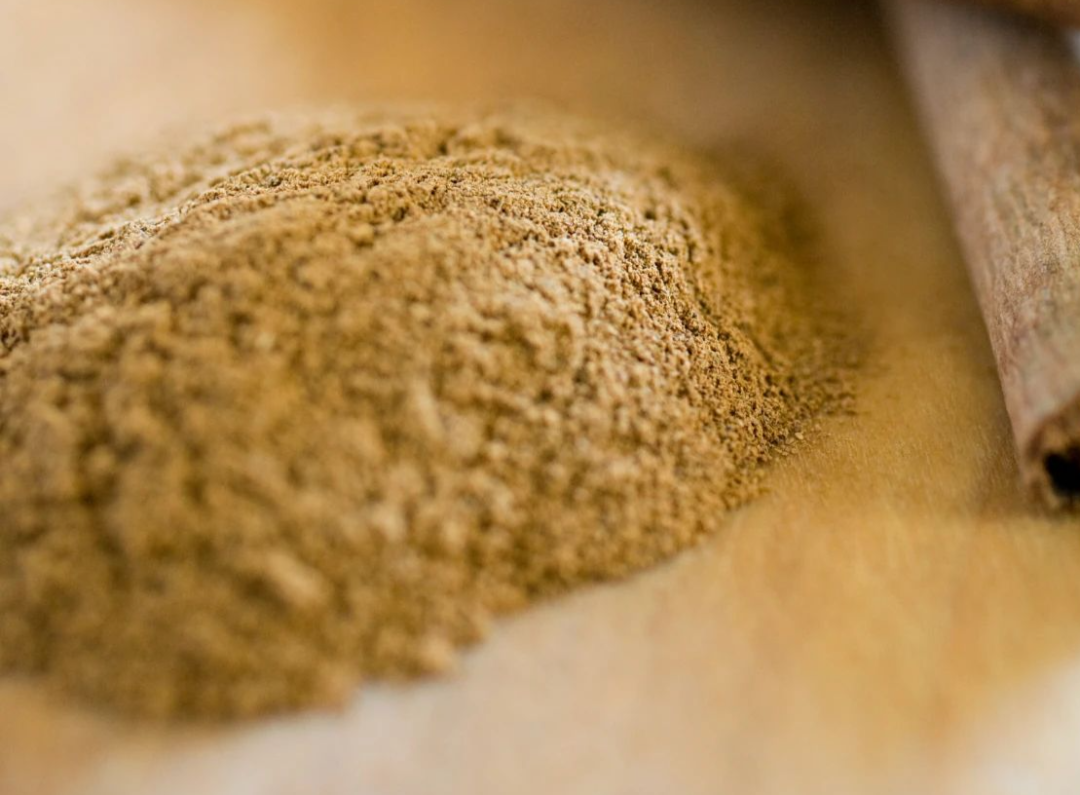
Cinnamon powder
Finally,
The pharmacist has something to say to you:
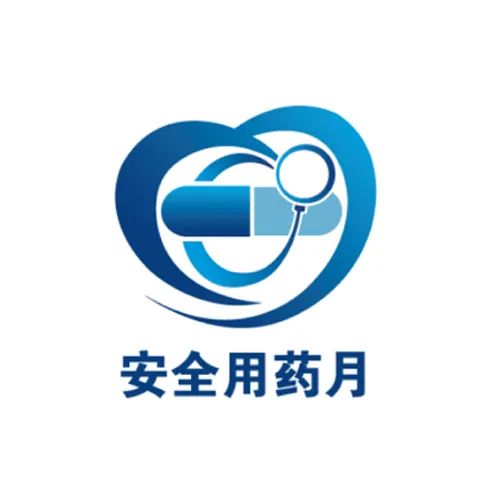
Safe Medication Month
To support the national Safe Medication Month campaign themed “Safe Medication, Together Against the Epidemic”, the Shanghai Practicing Pharmacists Association’s Pharmacy Science Popularization Committee has carefully selected medication knowledge relevant to citizens’ lives to enhance public scientific literacy and awareness of safe medication.
Author Biography
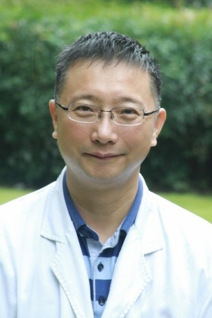
Zhu Haiqing, Deputy Chief Pharmacist is a national talent in the inheritance of traditional Chinese medicine techniques, Deputy Secretary-General of the Shanghai Medicinal Cuisine Association, and a council member of the Science Popularization Branch of the Chinese Ethnic Medicine Association. Currently responsible for outpatient pharmacist work, he has engaged in traditional Chinese medicine work and clinical teaching for many years, is well-versed in the properties of Chinese herbs and traditional TCM techniques, and has rich experience. He specializes in Chinese herbal identification, medicinal cuisine, TCM health preservation, combined use of Chinese and Western medicine, monitoring adverse reactions, and medication education.
Review Expert: Zhu Quangang, Shanghai Skin Disease Hospital/Tongji University Affiliated Skin Disease Hospital
Some images in this article are sourced from the internet for public dissemination. We thank the authors of the images; if there are any copyright issues, please contact us for removal.
Practicing Pharmacists Discuss Medication
The Shanghai Practicing Pharmacists Association was established in May 2002, and the Pharmacy Science Popularization Committee was established in August 2020, with Shi Haoqiang from Ruijin Hospital serving as the chairman. The association consists of practicing pharmacists, employed pharmacists, and pharmacy management personnel. The Shanghai Practicing Pharmacists Association’s Pharmacy Science Popularization Committee aims to unite more pharmacists to engage in more popular science work and create a greater social impact!
Supporting Units for the Column:
Shanghai Practicing Pharmacists Association Pharmacy Science Popularization Committee
Shanghai Huangpu District Science Popularization Volunteer Association
Recommended Reading
- Heavenly Dessert “Longan Meat”
- The Magical Medicine for Sores – “Golden Ointment”
- Treatment Without Symptoms! Understanding Helicobacter Pylori Infection
- How to Take Angong Niuhuang Wan After a Stroke? Don’t Make Mistakes!
- Have You Chosen the Right Medicine for Treating Colds with Chinese Patent Medicine?
- Common Iron Supplements, Are You Supplementing Correctly?
- “Medicine to Cure Disease”? Just Taking Medicine Doesn’t Mean Everything is Fine!
- The “Discarded” Good Medicine, the Role of Walnut in Mental Health
- Do You Know Which Medications Can Cause Falls in the Elderly?
- Chinese Medicine Treatment, We Must Talk About External Treatment of Chinese Medicine!

